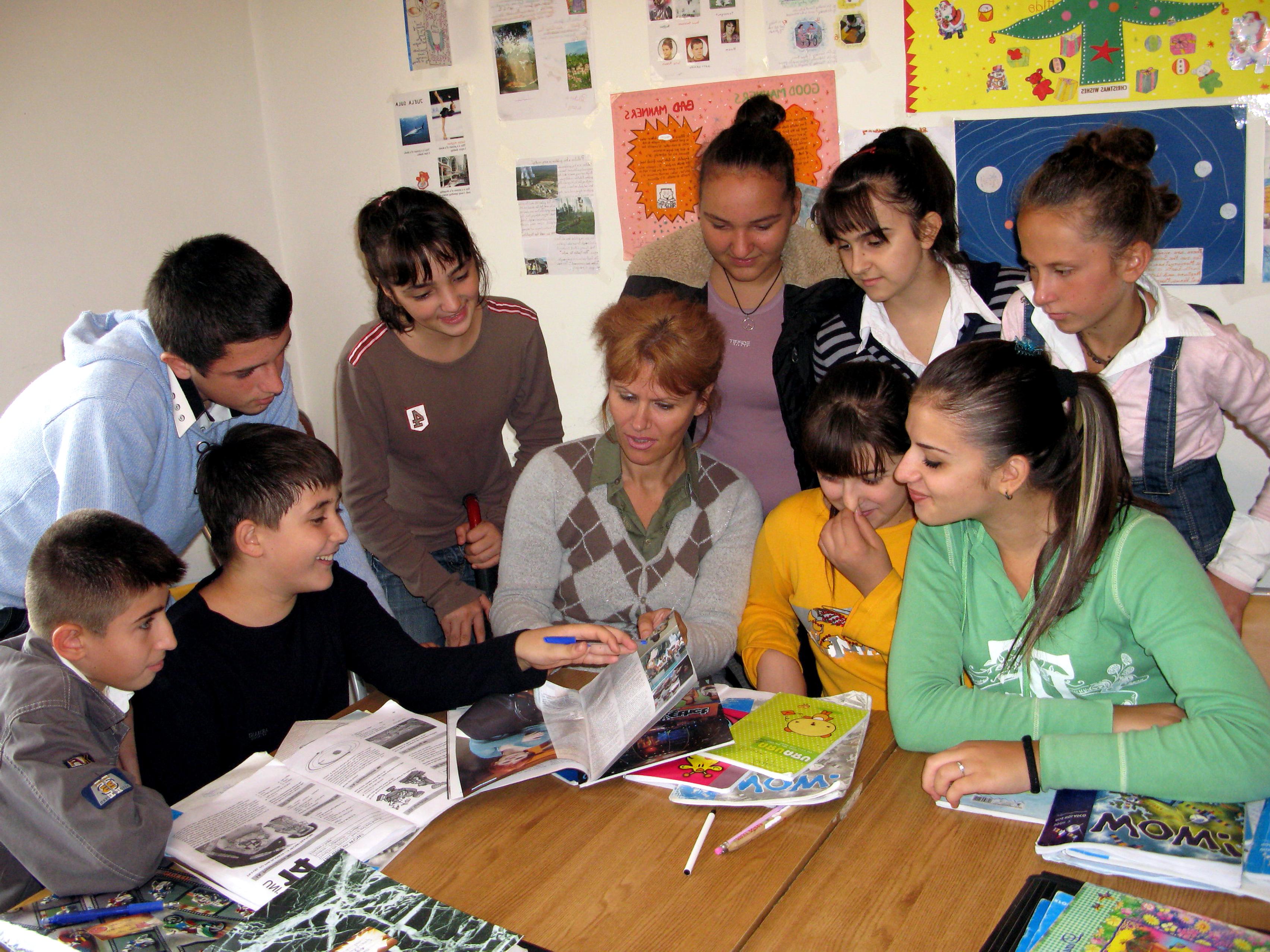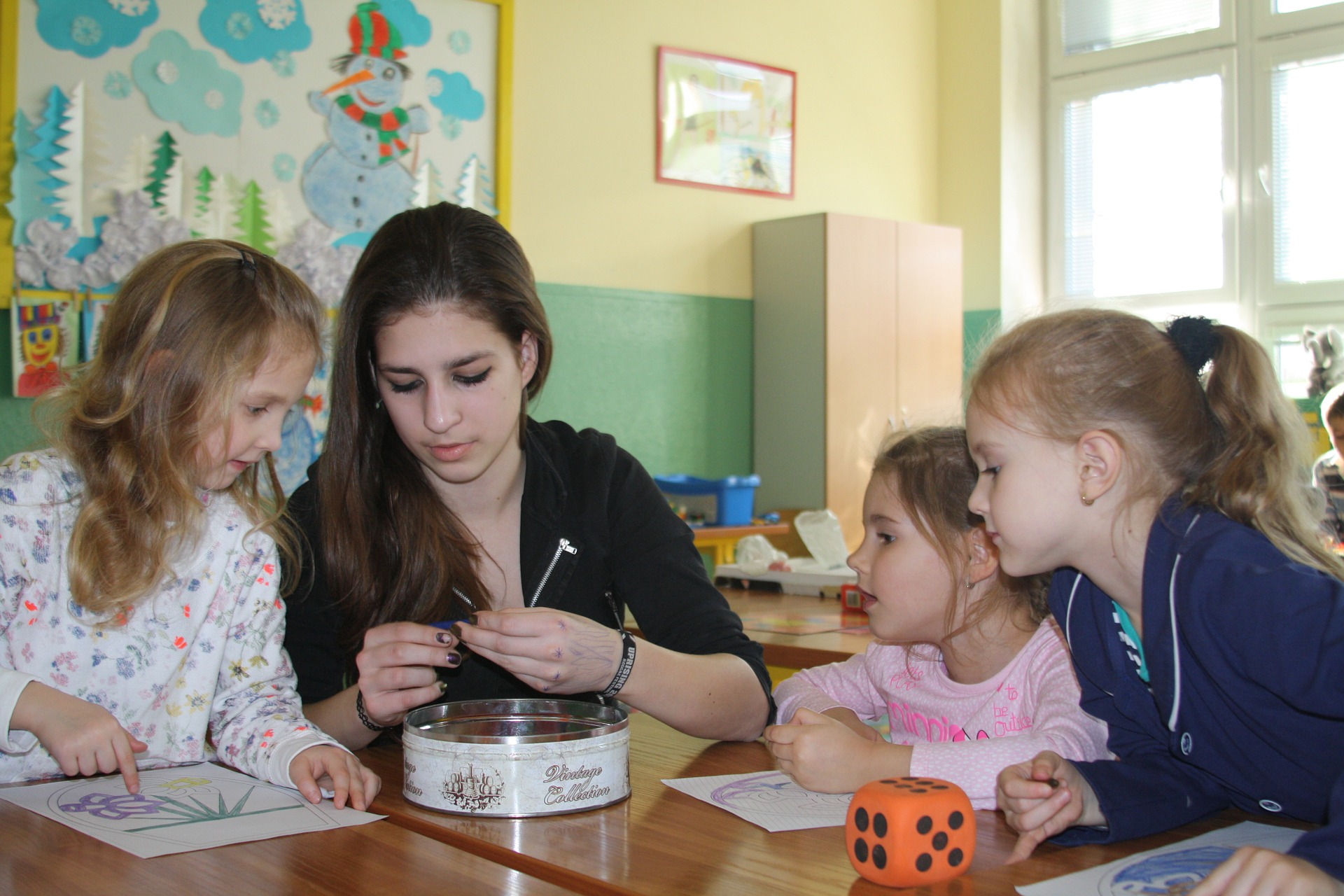TIP 1 – All children who struggle at school need a champion. A special standout person, who believes in them, understands them, sees their intelligence and will advocate on their behalf. It is not unusual for a successful adult with learning difficulties to identify a champion from their past and this is invariably a teacher from their school days. Be mindful that teachers have the ability to change the life of a child who is struggling at school for the better. That is the magic of being an exceptional teacher who recognises and celebrates different learning styles.
TIP 2 – Are you a lecturer or a teacher and what is the difference? One stands out the front and never leaves their lectern/desk/post, while the other intermingles, integrates and gets involved in what their students are doing. Teachers are much better at instilling confidence in students with learning difficulties because they offer on the spot assistance, meaning a students does not constantly have to raise their hand and bring attention to themselves when they are having difficulties.

TIP 3 – We all have strengths and weaknesses and this can be particularly true of children with learning difficulties. By identifying the strengths of our students with learning difficulties we invariably find the key to helping them produce work that is reflective of their intellectual level. Getting to know your student well will help you to achieve this aim.
TIP 4 – Ensure there is plenty of opportunity for all students and particularly those with learning difficulties to hear positive feedback from teachers and from their peers. The general rule should be to say 3 positive things about students and their work before you say anything negative. You can also arrange classroom group activities that encourage positive feedback.
One of these activities is to get a child to stand or sit in a prominent position with their classmates around them in a circular formation. Students then have to say something positive about the selected student who then thanks them in return. This is a great activity for the end of the day and usually takes about 10-15 minutes.

Tip 5 – Partner struggling dyslexic learners with appropriate class buddies. These students are generally good communicators, empathetic, insightful and helpful and make good student teachers. This buddy structure can provide great support for a struggling dyslexic student. It can help increase their confidence levels, help them to be better prepared to learn, attempt classroom tasks more effectively and move between classrooms confidently.
Tip 6 – Determine how a student defines themselves and you will gain some real insight into their internal self-talk. Having difficulties with learning can be overwhelming while a child is at school and thus it can become the only way they define themselves with constant negative self-talk reverberating around in their mind. Help them to change this to more positive self-talk by constantly highlighting areas in which the child does well to help provide a more balanced view of themselves. Provide opportunities for students to shine and receive recognition from others for their efforts. Then watch their self-esteem slowly increase as a result.

TIP 7 – Watch your students carefully as they attempt any class task, the moment they seem to be struggling or losing concentration approach them quickly and quietly and help them to resolve their issue of concern. This may mean explaining the instructions again, doing some examples with them or even locating a misplaced text book or pen. Fast teacher action when a child is struggling helps to reduce feelings of anxiety and stress. Having a student positioned near you, or within your peripheral vision in the classroom can make this easier. Being a teacher who wanders amongst their students while they are working to monitor their progress is even better.



















This is all good but if your child has asked for help and the support of the teachers are talk to me after class and then pretty much just shrugged off and told them that they are not doing or listening to the teacher their confidence falls and failed them then they are stuck with the thought that noone cares about them great if the teacher and schools listen to them but what happens when they don’t. The system is not helping out at all
I would go straight over their teacher’s head Debra. Never take ‘no’ for an answer from an individual teacher when your child is asking for help. Kind regards Liz